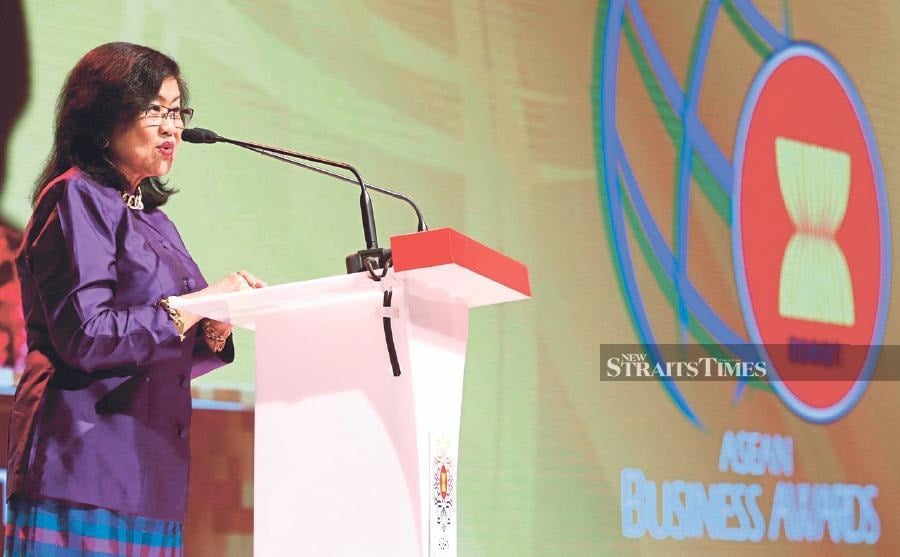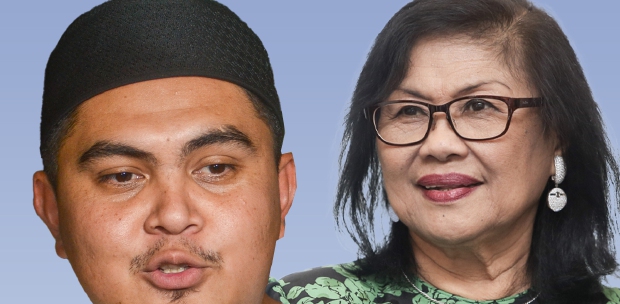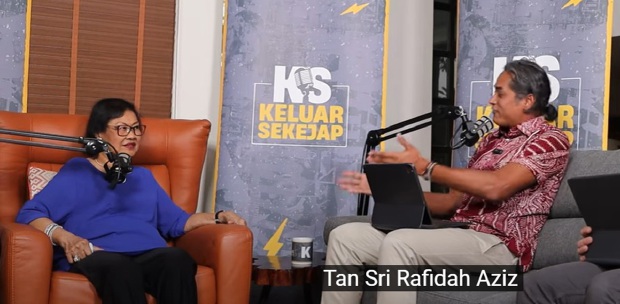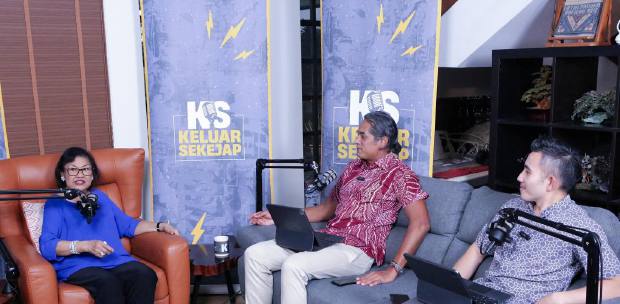LETTERS: Have you ever felt like you're drowning in meetings in the civil service and Asean gatherings?
The sheer number of committees and meetings can be overwhelming, often leading to inefficiencies and wasted resources.
It's time to take a leaf out of the book of leaders like former international trade and industry minister Tan Sri Rafidah Aziz. They have shown us a better way to conduct meetings: focused, purposeful and result-oriented.
Meetings play a crucial role in governance. They're meant to facilitate decision-making, foster collaboration and drive progress.
Yet in our civil service, the issue of excessive meetings is all too familiar.
Meetings are scheduled, rescheduled and often delayed, with attendees citing traffic or last-minute engagements as excuses for tardiness.
The result? Those who arrive on time are left twiddling their thumbs, while the latecomers disrupt the flow of the meeting.
And when the chairman tolerates tardiness, it perpetuates the cycle of inefficiency.
Even when meetings do start, the right people are not always present. Substitutes, ill-prepared and lacking decision-making authority, are sent in their place.
This lack of preparation extends to many attendees, who fail to familiarise themselves with documents (working papers and consultant's reports, sometimes submitted at the last minute), leading to superficial discussions and ineffective decision-making.
My experience at the Economic Planning Unit highlighted these issues.
Late starts, unprepared attendees and ineffective meetings were all too common.
But it was a meeting at the International Trade and Industry Ministry that underscored the importance of empowered representatives.
Asked to attend a meeting by my director-general, I found myself out of my depth when questioned about decision-making authority.
It was a stark reminder that without empowered representatives, meetings are often exercises in futility. You can be sure that the D-G was present at the next meeting.
This is where Rafidah's approach stood out. At regional meetings, such as in Asean, where pleasantries and formalities often dominate, her opening address was refreshingly brief and to the point.
She encouraged delegates to skip the formalities and dive straight into substantive issues, saving time and ensuring more meaningful discussions.
Her approach not only set a productive tone for the meeting, but also made the work of the secretariat officials preparing the meeting report easier.
She would summarise the main points discussed and agreed on, as well as outline the way forward, making it easier for officials to capture the highlights of the meeting. How many chairmen bother to do this?
Given the situation, how can we do better? How can we prioritise efficiency and effectiveness in our meetings?
One solution lies in empowering senior heads of departments through training programmes offered by institutions like the National Institute of Public Administration (Intan).
By equipping leaders with the tools to conduct productive meetings, we can reclaim time and resources better spent on serving the public.
By adopting a more focused and result-oriented approach to meetings, as demonstrated by leaders like Rafidah, we can ensure that our meetings are productive and serve the public.
DR POLA SINGH
Former director-general, Maritime Institute of Malaysia
The views expressed in this article are the author's own and do not necessarily reflect those of the New Straits Times





